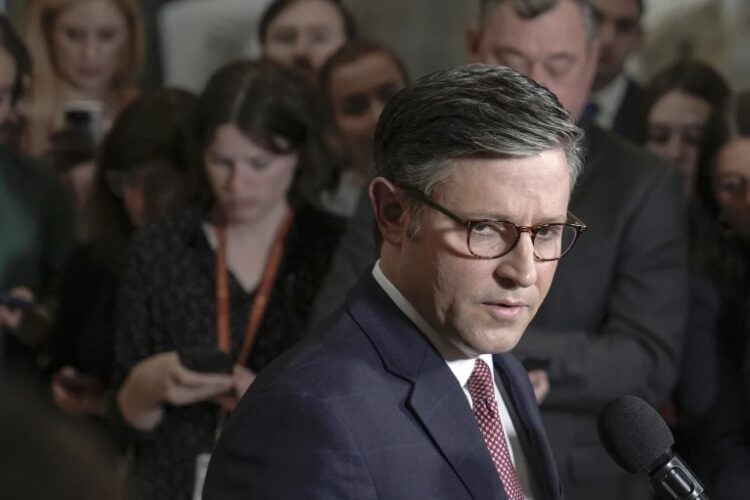Republican Speaker of the House, Mike Johnson, has unveiled a comprehensive package of bills aimed at providing military aid to Ukraine and Israel, as well as humanitarian assistance to civilians in Gaza. The proposed package, totaling $95.3 billion in spending, mirrors the amount previously passed by the Senate in mid-February, but incorporates certain adjustments targeted at garnering support from House conservatives.
Ukraine:
A significant portion of the aid, approximately $61 billion, is allocated to support Ukraine, with more than a third earmarked for replenishing weapons and ammunition systems for the U.S. military. While the total amount for the purchase of weapons from the U.S. remains consistent with the Senate bill at $13.8 billion, the House bill includes over $9 billion in economic assistance to Ukraine in the form of “forgivable loans.” This provision, absent in the Senate bill, empowers the President to set the terms and cancel the loan, albeit subject to congressional override.
Israel:
The proposed legislation includes aid for Israel and humanitarian relief for Gaza, amounting to over $26 billion. Funding for replenishing Israel’s missile defense systems and current U.S. military operations in the region remains consistent across both bills at $4 billion and $2.4 billion, respectively. Despite conservative criticism of aid for Gaza, Speaker Johnson emphasized the importance of including it to maintain critical Democratic support for the package. The humanitarian assistance for Gaza exceeds $9 billion, addressing urgent needs amid dire humanitarian conditions.
Indo-Pacific:
Approximately $8 billion is allocated in the package to counter China and bolster deterrence in the Indo-Pacific region. A significant portion of these funds is dedicated to replenishing weapons and ammunition systems provided to Taiwan, aligning with efforts to enhance regional security.
President Biden has thrown his support behind Speaker Johnson’s proposal, emphasizing the necessity of bipartisan cooperation in addressing global challenges while underlining the importance of humanitarian assistance alongside bolstering national security interests in key regions.

















Comments